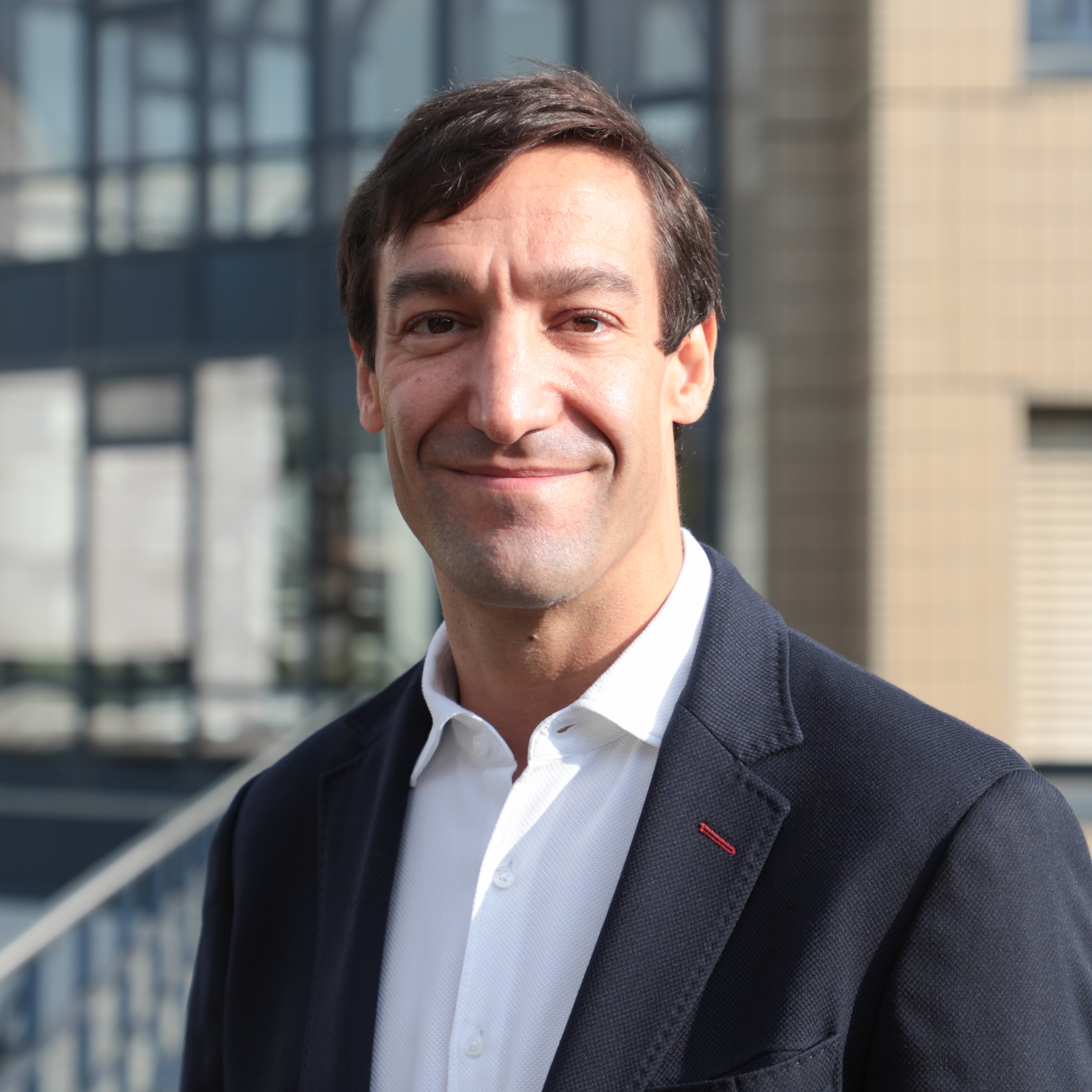
David Atienza
EPFL, Switzerland
AI is Not a Challenge for Sustainable Computing But A Way Out!
Abstract
Heterogeneous Multi-Processor System-on-Chip (MPSoC) server architectures and data centers have played a key role in developing and processing emerging compute- and memory-intensive cloud-based applications in recent years, such as artificial intelligence (AI) and in particular the latest complex Machine Learning (ML) workloads (e.g., generative AI). In this case, consolidating multiple AI/ML services in servers and other advanced resource utilization techniques have enabled a more efficient and sustainable use of resources. However, such techniques have also created a severe competence for limited resources among AI applications in public cloud systems where multiple services are executed as black boxes. Therefore, new techniques must be developed to prevent the overprovisioning of cloud resources to attain a sustainable future in the AI Era for our continuously increasing computing requirements.
This keynote advocates using new ML-based techniques (in particular deep learning – DL) to address the challenge of an accurate performance prediction and run-time optimization of resources in servers and data centers, as well as reconsidering how data centers and cloud MPSoC architectures are designed and operated to enable a sustainable future. In particular, different approaches will be presented as robust ML-based methods to identify each type of running application and predict the performance level of concurrently executed cloud applications to optimize the use of resources in the data center. Then, the inputs of such ML-based methods will provide the best tuning points for the DVFS knobs in MPSoC-based cloud servers and racks to maximize energy efficiency under performance constraints. Finally, as part of the results of the CompuSapien and the new HeatingBits project at EPFL, it will be shown how next-generation of sustainable data center designs can exploit the results of ML/DL-based workloads with a combination of novel 3D MPSoC stacked architectures and renewable energy sources for large-scale exploit heat generated by AI workloads. This talk will also explore how to model in an objective way the sustainability aspects of new types of data center designs to reach optimal pareto points that trade-off performance, energy footprint, carbon emissions and financial-business aspects.
Biography
David Atienza is a professor of Electrical and Computer Engineering, Associate Vice President of Research Centers and Platforms, and Head of the Embedded Systems Laboratory (ESL) at EPFL, Switzerland. Previously, he was the Scientific Director of the EcoCloud Sustainable Computing Center at EPFL. He received his M.Sc. and Ph.D. degrees in Computer Science and Engineering from UCM (Spain) and IMEC (Belgium). His research interests include system-level design methodologies for high-performance multi-processor system-on-chip (MPSoC) architectures and low-power edge AI systems, including architectures and thermal-aware designs for many-core servers and data centers. He is a co-author of more than 400 papers, two books, and has 14 licensed patents in these topics. He served as DATE General Chair and Program Chair, and is currently Editor-in-Chief of IEEE TCAD and ACM CSUR. Among others, Dr. Atienza has received the CODES+ISSS 2024 Test-of-Time Best Paper Award, the ICCAD 2020 10-Year Retrospective Most Influential Paper Award, the 2018 DAC Under-40 Innovators Award, and an ERC Consolidator Grant. He is a Fellow of IEEE, a Fellow of ACM, served as IEEE CEDA President (period 2018-2019), and was the Chair of the European Design Automation Association (EDAA) between 2022 and 2024.
If you wish to modify any information or update your photo, please contact Web Chair Arief Wicaksana.
